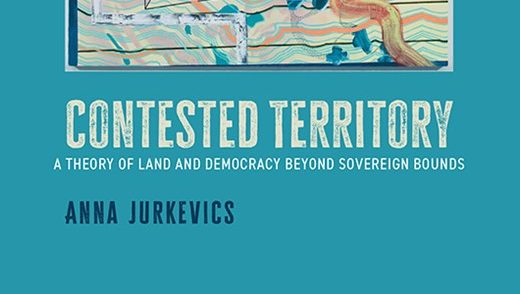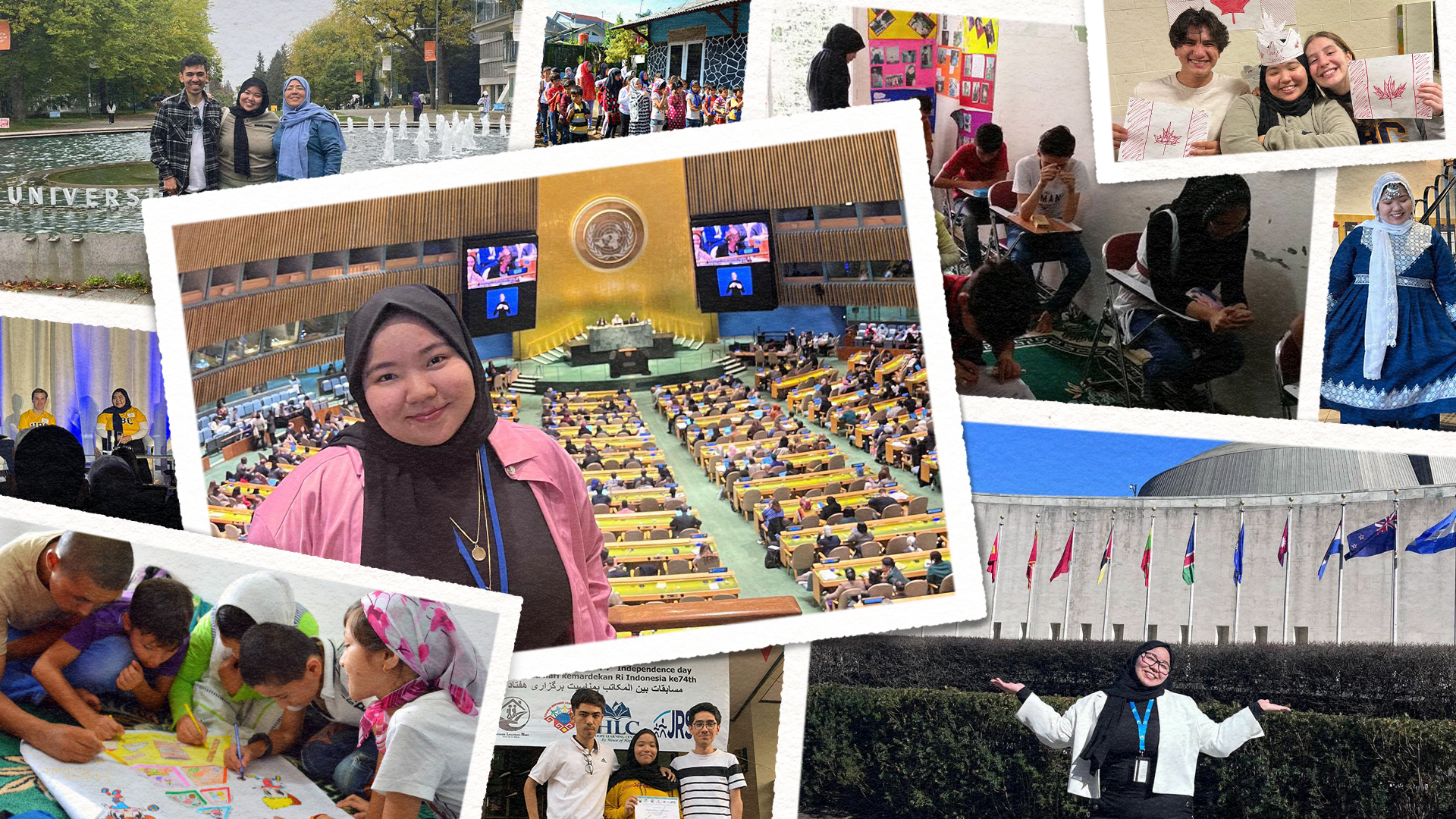Conferences, talks and workshops are key ways that political scientists share ideas and engage with their field. The absence of this crucial dialogue has been significant in the year of COVID-19. In part to fill this gap, Political Science professors Alan Jacobs and Yang-Yang Zhou launched Scope Conditions, a new podcast featuring the cutting-edge research being done in comparative politics.
“Despite the explosion of podcast production over the last few years, there are very few podcasts out there that talk about political science research in a rigorous way,” Professor Alan Jacobs said.
“Many junior scholars we know — graduate students, postdocs, assistant professors — have been coming out with new books and articles, but given the pandemic, they’ve lost crucial opportunities to showcase this work, like in-person workshops and book launches,” Professor Yang-Yang Zhou added. “We thought this would be a unique opportunity.”
Scope Conditions covers a wide array of themes and regions of the world, providing a virtual platform for academics to share their recent advances in the field. Every two weeks, a new episode provides a look at new or forthcoming research by emerging scholars, focusing on what scholars have discovered and how.
In their most recent episode, Jacobs and Zhou speak with Nikhar Gaikwad who explains how candidates in diverse societies will often choose to play “the identity card” to boost their support among a religious, ethnic, caste or other groups that’s in the majority. In India, for instance, certain politicians and parties have come to power in part through strident appeals to Hindu nationalism and the vilification of Muslims.
The conversation explores how building electoral coalitions in divided societies hinge on tactics of visibility — on combining brazen cultural appeals with under-the-radar economic policy — and how the stealth targeting of material benefits can help explain the electoral success of rightwing populists, including India’s Narendra Modi and the U.S.’s Donald Trump. We also talk with Gaikwad about what his argument has to tell us about an apparent reversal of globalization, with the raising of barriers to trade and investment in some parts of the world.
Listen to that episode here.
Past episodes include:
- Episode 0: Introducing Scope Conditions
- Episode 1: The Promise and Limits of Intergroup Contact, with Salma Mousa
- Episode 2: Forging Democracy Out of the Trauma of Repression, with Elizabeth Nugent
- Episode 3: The Upside of Nationalism, with Aram Hur
Future episodes of Scope Conditions will include conversations with:
- Bryn Rosenfeld (Cornell University, may not be listed yet): How authoritarian regimes seek to stay in power by cultivating a middle class that depends on the state for its livelihood (or you could say, why the middle class sometimes supports autocracy)
- Jacobs and Zhou are also planning a special episode with Graeme Blair (UCLA) who oversaw a huge project called EGAP Metaketa, which coordinates six experimental research projects around the world to test the same intervention, in this case community policing to see if results generalize across contexts.
Listen and subscribe to Scope Conditions on Apple Podcasts or Spotify. Follow on Twitter @scopeconditions.


